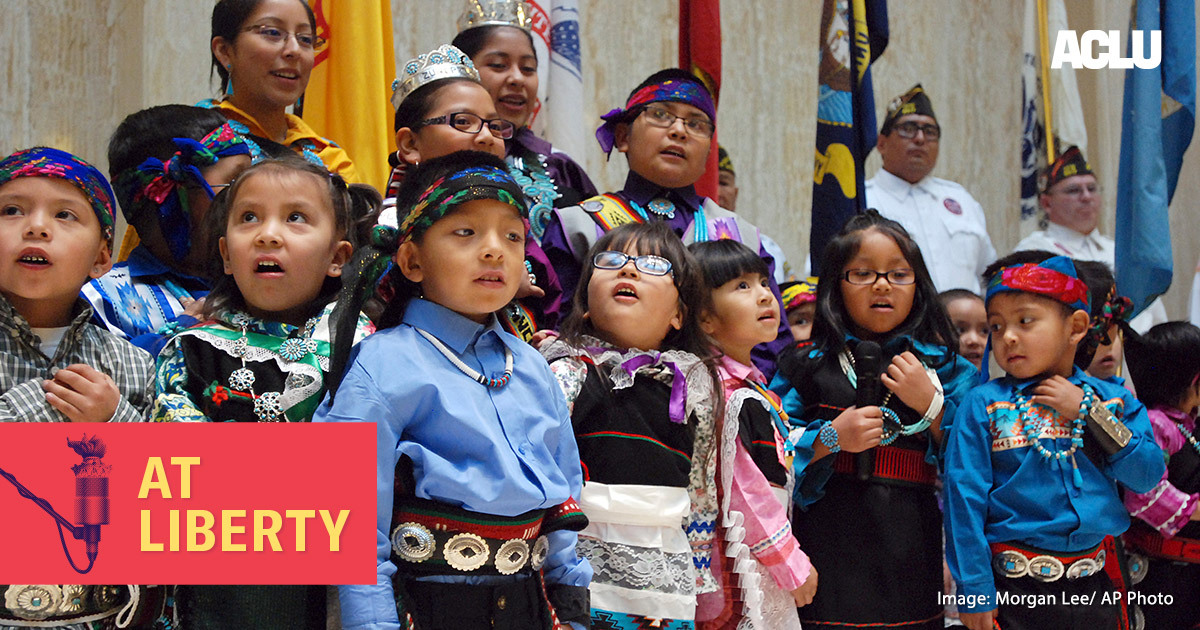On November 9th, the Supreme Court will hear oral arguments in the case of Brackeen v. Haaland.
At the center of the case are the future of Indigenous rights and tribal sovereignty.
The case involves the Indian Child Welfare Act, otherwise known as ICWA, an act that was passed in the 1970s to protect native children from removal from their community and culture and to keep families together.
Texas, together with individual plaintiffs, allege that ICWA is unconstitutional because they say it violates the Equal Protection Clause and discriminates against non-native families looking to adopt native children. But honoring tribal sovereignty isn’t about discrimination or race. That’s a fundamental misunderstanding of Indigenous rights.
To learn more about the case, the threat to Indigenous rights and the reasons that ICWA was enacted in the first place, we spoke with Jamie Nelson, a Choinumni Yokuts man and a survivor of pre-ICWA separation abuse, and Stephanie Amiotte, Legal Director for the ACLU of Wyoming, South Dakota, and North Dakota.

